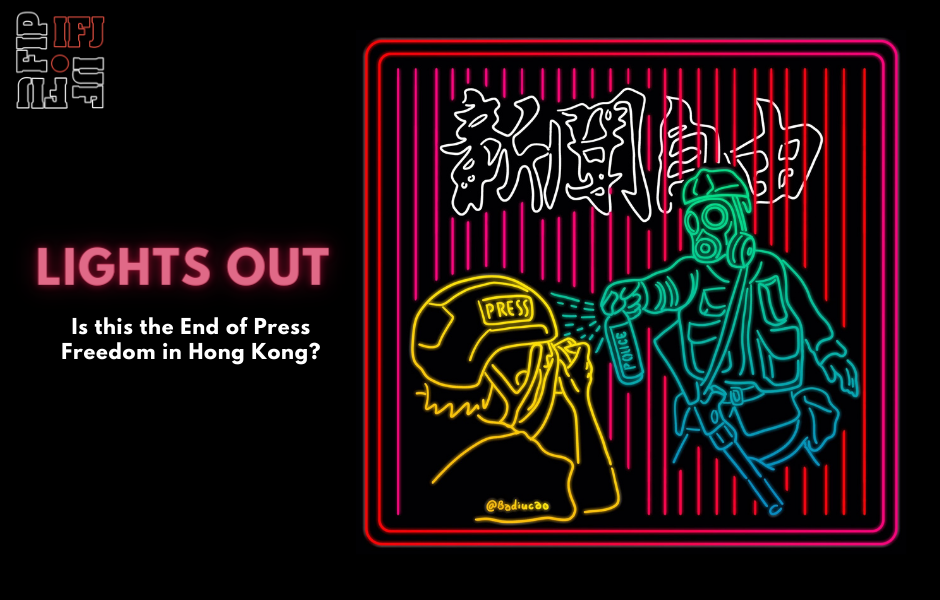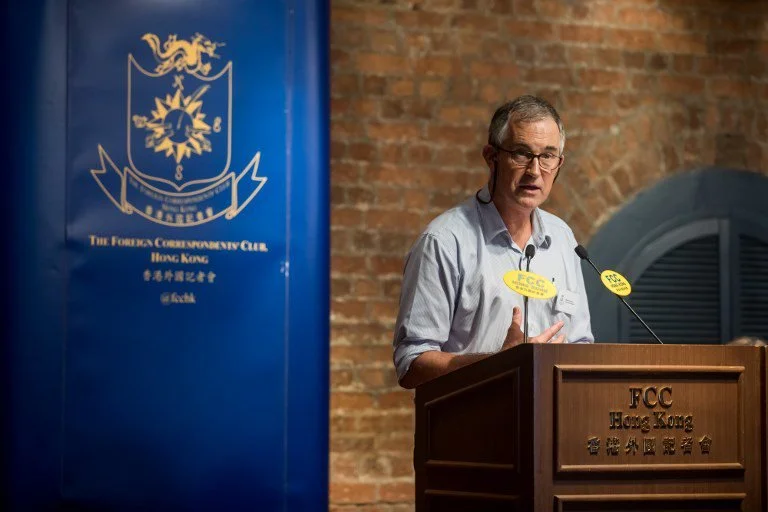International Federation of Journalists (IFJ)
Journalists and the China Story
This portal has been established to help understand China’s rising global media voice. It brings together innovative and ground-breaking IFJ-led research, news and experiences from IFJ affiliates around the world, as well as NGO partners engaged in the China and media development space. An important aim of this work is to help journalists and their unions to better understand the risks and rewards of working with China.
↓
In an evolving media landscape, the influence of China in reshaping the entire global information environment cannot be understated. As the world’s media confronts the economic and professional fallout of digital disruption and now the Covid-19 pandemic, China’s international strategy to exert influence on foreign media has become increasingly sophisticated and influential.
Over the past decade, this international engagement has seen local media outlets from Africa to Europe to Latin America sign MOUs with Chinese media and with China’s perspective on major issues amplified in a way like never before. Likewise, the ability of China-backed outlets to buck market trends, influence alternative narratives and invest heavily in new digital products is tilting the media playing field in new directions that warrant closer examination.
The International Federation of Journalists (IFJ) is working to build awareness, dialogue on media engagement on China media issues at the international level on issues of labour rights and future of media, while also continuing to strengthen and support media freedom monitoring and advocacy in the East Asia region.
Latest IFJ statements on China, Hong Kong and Taiwan
JOURNALISTS IN EXILE
A SURVEY OF MEDIA WORKERS IN THE HONG KONG MEDIA DIASPORA
The IFJ’s new report features survey data and interviews with at least 90 Hong Kong media workers in the United Kingdom, Canada, Taiwan, the United States, and Australia. It was conducted for the IFJ by the newly-formed Association of Overseas Hong Kong Media Professionals (AOHKMP) and reveals the experiences of Hong Kong journalists and media workers forced overseas, particularly in the wake of the controversial Beijing-imposed National Security Law in 2020.
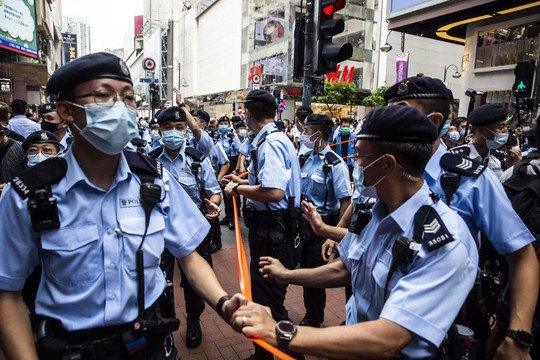



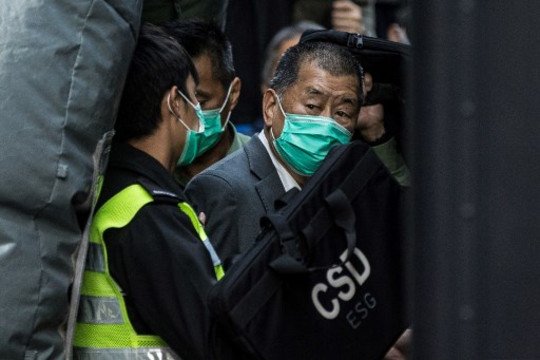

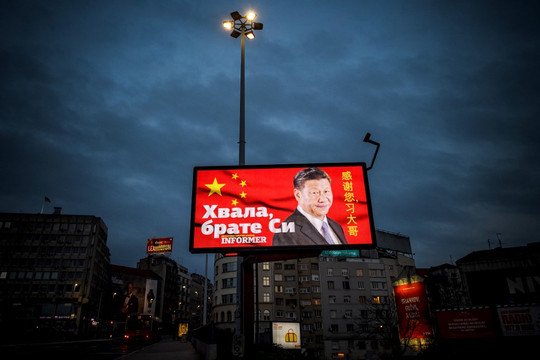
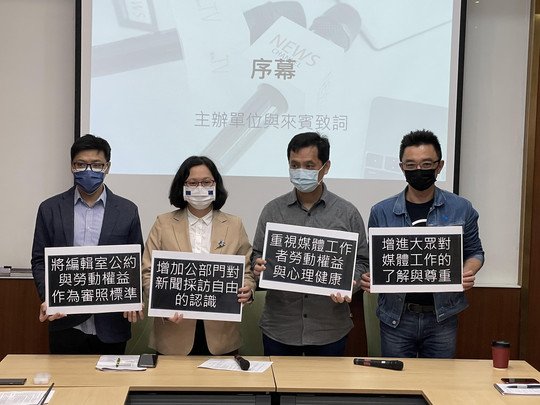

THE STORY THAT WON’T BE SILENCED
Hong Kong Freedom of Expression Report 2022
IFJ Report - March 2022
The China Network
INSIDE CHINA’S GLOBAL MEDIA MISSION IN ASIA, AFRICA AND LATIN AMERICA
New research by the IFJ reveals that Beijing had stepped up its efforts to influence international perceptions about China through the means of expanding Chinese media networks in international markets. The IFJ’s new report seeks to measure China’s global media outreach based on the findings of an international survey conducted by the IFJ with journalists in Kenya, Peru, and the Philippines – three countries where China has had a strong presence with investment and infrastructure projects in recent years.
International Women’s Day
Female journalists remain behind bars in China and Hong Kong
On International Women’s Day, the IFJ took pause to acknowledge the courage of women journalists fighting for truth, justice and freedom of information in China and Hong Kong. The IFJ stands in solidarity with women journalists and media workers across the Asia Pacific and calls for greater action to address ongoing gender discrimination and inequality in the region.





LIGHTS OUT - Feb 2022
The International Federation of Journalists remains gravely concerned at the rapid collapse of Hong Kong’s free media since the National Security Law’s enactment in 2020 and ongoing threats to the safety and well-being of journalists. In a new report, the IFJ calls on governments globally to support journalists attempting to leave Hong Kong and seek refuge to continue their professional journalism work.
Hong Kong Timeline
2020: Pandemic used to justify new restrictions
The local government imposes anti-virus restrictions after Covid-19 is detected in Hong Kong in January 2020. Rules included
social distancing and a ban on public gatherings of more than four people. The rules give police powerful new tools to limit all public demonstrations and to restrict journalists from covering events.
2019: Protests against the China extradition bill
Millions of Hongkongers take to the streets in June to protest Chief Executive Carrie Lam’s plans to allow criminal suspects to be extradited to mainland China. Foreign correspondents fly in from around the world, television stations provide live coverage of the violence, and local freelancers, student reporters, live-streamers and citizen journalists capture almost every aspect of the unrest. Relations between the police and the press deteriorate, as police come to see the media as biased toward the demonstrators. In some instances, police appear to deliberately target journalists with tear gas.
2018: Financial Times news editor denied visa
The news editor of The Financial Times, Victor Mallet, is denied a renewal of his working visa, resulting in his effective expulsion from Hong Kong in October. Mallet was the first vice president of the Foreign Correspondents’ Club. This is believed to have been the first time a foreign correspondent based in Hong Kong was denied a visa renewal for political reasons and forced to leave.
2015: Booksellers abducted, reappear on mainland
Five staff of Causeway Bay Books, an independent store selling titles banned in mainland China, disappear in October. It turns out they had been abducted by Chinese security forces and detained in mainland China.








